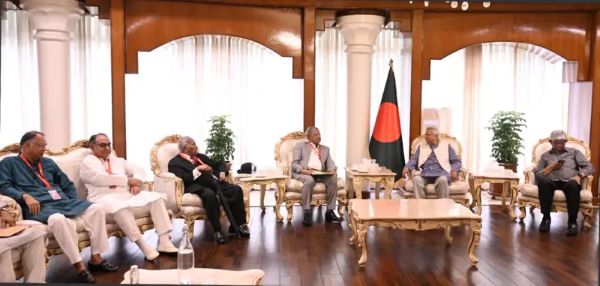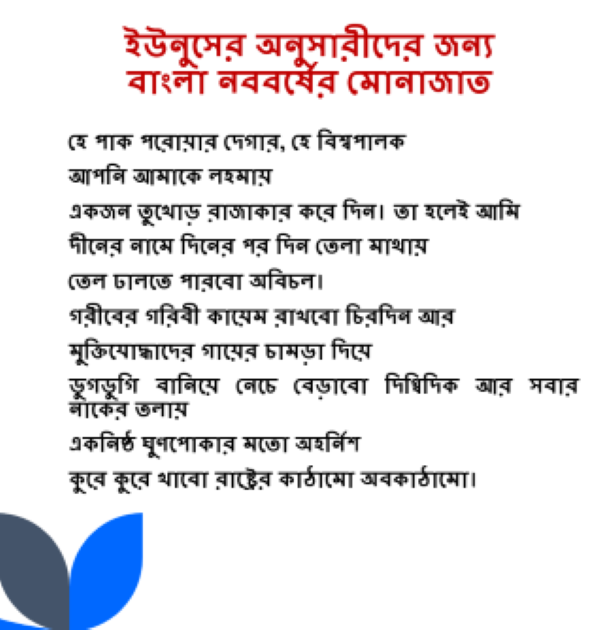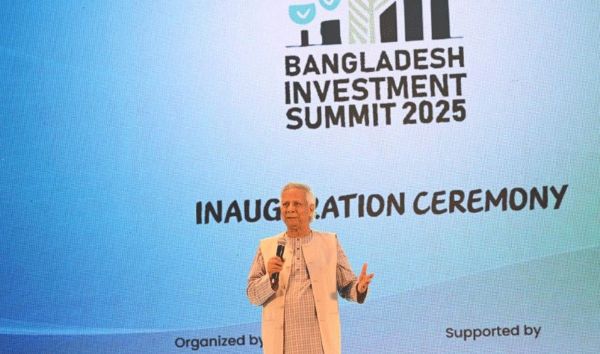
..
S Alam Group to take legal action against Yunus govt for asset freezing
- The S Alam Group, led by Mohammed Saiful Alam, has issued a formal notice of dispute to the interim government headed by Professor Muhammad Yunus.
- According to a report published by The Financial Times on December 23, 2024, the notice threatens international legal action if the dispute is not resolved within six months.
- The S Alam Group claims that their assets were frozen, bank accounts restricted, and investments negatively impacted following the ousting of former Prime Minister Sheikh Hasina.
- The notice, prepared by the law firm Quinn Emanuel Urquhart & Sullivan, contends that these actions violate international investment treaties between Bangladesh and Singapore.
- The S Alam Group is seeking compensation for the financial losses incurred due to these measures. As of now, the Bangladesh government has not responded to the notice.
- This development adds another layer of complexity to the already turbulent political landscape in Bangladesh.
Full Story:
One of Bangladesh’s richest businessmen has launched a legal effort as a Singaporean citizen to recover losses he claims were caused by the Dhaka government freezing his assets and harming his investments following the ousting of former prime minister Sheikh Hasina.
The action by Mohammed Saiful Alam, founder and chair of Bangladeshi industrial conglomerate S Alam, and his family could threaten the interim government’s attempts to claw back billions of dollars it claims were diverted out of the country under the previous regime.
In a notice of dispute letter sent to Bangladesh’s caretaker leader Muhammad Yunus and several of his closest advisers, Alam’s lawyers state that unless the two sides can resolve the dispute within six months they will begin international arbitration.
The lawyers are making the case under a 2004 bilateral investment treaty between Bangladesh and Singapore, where the S Alam family are based. The December 18 letter states that the family obtained permanent residence in Singapore in 2011 and citizenship between 2021 and 2023.
It adds that they all renounced their Bangladeshi nationality in 2020. The letter, sent by lawyers Quinn Emanuel Urquhart & Sullivan and seen by the Financial Times, alleges that the Alam family’s bank accounts have been frozen and they have been subjected to travel bans and lost control of their companies, while also being investigated by state bodies over potential money laundering without official notice.
It states that banks owned by S Alam have been restricted from lending and had their management teams changed, while deals they had in place have been cancelled by the government “arbitrarily and without due process”.
“The value of the investors’ investments has been destroyed, in whole or in part, through the acts and omissions of Bangladesh, its agencies and instrumentalities,” the Quinn Emanuel letter states. “Those acts and omissions, which are ongoing, have violated and continue to violate the investors’ rights under [investment treaties] and the laws of Bangladesh, and give rise to the present dispute.”
The Bangladesh government did not respond to a request for comment on the letter. Ahsan Mansur, who was appointed Bangladesh’s central bank governor following the toppling of Sheikh Hasina’s regime in August, told the FT in October that Saiful Alam, his associates and other groups had siphoned money out of the banking system after taking over leading banks with the help of members of a powerful military intelligence agency. Mansur, a former IMF official, alleged that they used methods such as loans to the banks’ new shareholders and inflated import invoices as part of what he called the “biggest, highest robbing of banks by any international standards”.
S Alam group, which has interests in sectors including food, construction, garments, and banking, has said there is “no truth” to Mansur’s allegations. A spokesperson for Bangladesh’s central bank said: “The issues are in investigation and the central bank is refrained from any comment for the betterment of the investigation outcomes.”
Alam’s letter is an early indicator of the hurdles Bangladesh’s interim government faces in its attempts to reclaim money it says was taken out of the banking system under the regime of Sheikh Hasina.
Separately, Tulip Siddiq, a UK Treasury minister who is Sheikh Hasina’s niece, was named this week in a Bangladesh High Court corruption claim that accused her family of embezzling $5bn. Siddiq has declined to comment publicly, but a spokesperson for the UK government said she had denied “any involvement in the allegations”.



